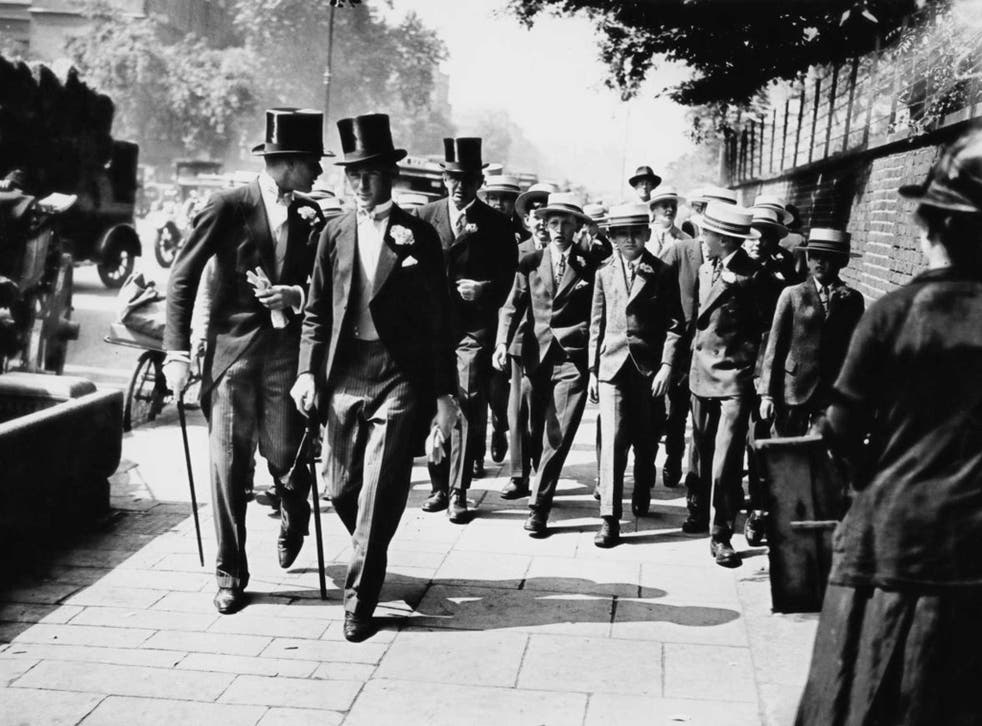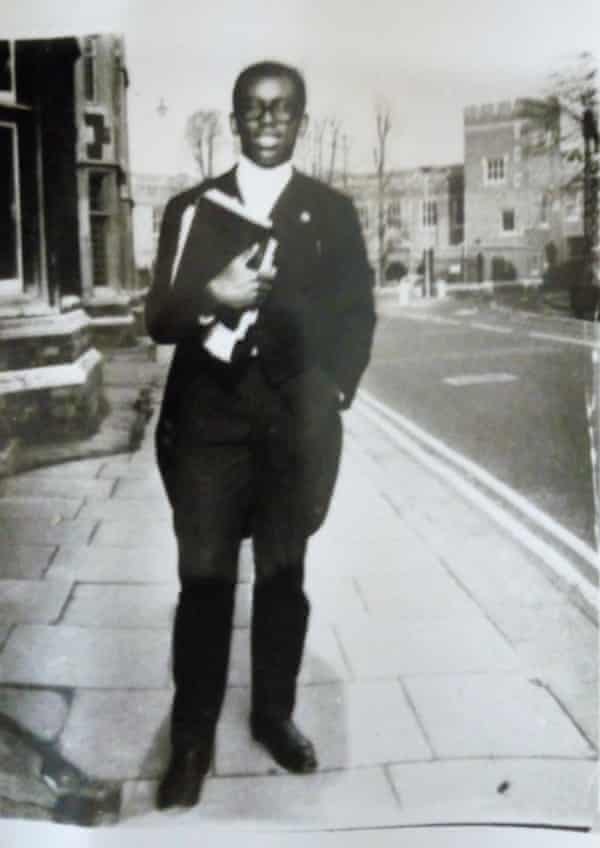Eton College, the royalty-status British boarding school, has birthed the likes of George Orwell, Bear Grylls, Hugh Laurie, Prince William, David Cameron, Boris Johnson, Guy Burgess, and James Oglethorpe (amongst many, many) other actors, writers, politicians, and English royalty.

Eton is a synonym for the upper-class, wealth, education, and, ultimately, a chance of getting into Oxbridge. Founded almost 600 years ago by Henry VI, the all-boys boarding school is notorious for shaping the young men who have gone on to lead the United Kingdom politically, socially, and culturally for decades.
Eton is somewhat of a phenomenon, an interesting insight into the education of Britain’s elite loaded with history and traditions in a time where boarding schools have lost plenty of popularity but remain romanticized in novels and films.
Eton’s Exclusivity
Only boys between ages 13 and 18 attend Eton – but applications begin at age 10. Aptitude tests and interviews make up the initial screening, and parents are to pay an entrance fee on top of the required annual of £40,000 ($US 52,000). The entrance to the boarding school is a matter of exclusivity in terms of intelligence and aptitude and wealth.
Within Eton, however, there is the elite within the elite – as a member of the boarding school, one of the greatest privileges is to be a “pop”. This exclusive club, which for most of its history has always been accessible through nomination, gave (and likely still gives) students at Eton a celebrity-like status amongst the already royal boarding school.
Allowed to wear any waistcoat they please, Pops was distinguishable from the rest of the student body, who had to wear the polished Eton attire or else risk being reprimanded by a Pop. The legacy of Pops includes Prince Harry himself, but fear not, as those who did not make it got to chill alongside David Cameron, who never achieved such status.

The Intricacies of Eton’s Daily Life
In terms of attire, Eton does not disappoint. Tailcoats and top hats reserved for special occasions make up the wardrobe of the boys, always looking pristine for their 7:30am wake-up call. At 8:am, the boys head over to the chapel – a sign of the embedded relationship of the school to the Church of England, and at night they gather in their houses for “prayers”, which have now become more like house-meetings.
Once in the school, each pupil has a private room within one of the 25 boarding houses led and organized by its own housemaster. Whilst some houses provide private chefs, others send their children to the school cafeteria. One can only imagine the Harry-Potteresque rivalries between the houses during sports days.
The Backlash
Like many other historical boarding schools, Eton has a history of corporeal punishment, racism, and fagging (the act of assigning a younger pupil to act as a “servant” to the elder boys). Needless to say, this is no longer acceptable. It seems Eton is trying hard to abolish some of its rituals and traditions and is doing so by becoming more stringent on academic excellence and abolishing registration at birth, amongst other attempts at modernizing the school for the 21st century. This means that the proportion of boys at the facility who were sons of Old Etonians fell from 60% in 1960 to 20% in 2016.
One of the most notorious and public Eton defamations comes from Dillibe Onyeama. Born in 1951, Nigerian-born Onyeama attended Eton between 1965-1969 – four years in which the young Dillibe received countless racist remarks as the first Black African to attend the school.
From claims that his exams were being graded more leniently, to offensive nicknames or his sports abilities being attributed to his race, Onyeama was left Eton scarred. In 1974 he published A Black Boy at Eton, a book originally titled N***** at Eton – a crippling memoir recounting Onyeama’s stories of bullying and racism, coming from the pupils of what has been described as “the cradle for British gentlemen”. This is a major backlash, particularly considering how Eton, to a certain extent, is a reflection of the modern elite.

The Boarding School’s Modernisation
Said modern Elite is, of course, very different to the Etonians from back in the day, many thanks to the school’s new headmaster Simon Henderson. Henderson’s aspirations are for Eton to mimic modern society, diversifying who is allowed to attend the school in the first place through the provision of bursaries. This leaves three key players to attend the school grounds; the aspiring rich, the deserving poor, and the old Eton families. Despite these changes, Eton is still an expensive school to attend and this has left some people seeking an alternative. One such option could be to go with a reliable essay writing service cheap that offers high-quality papers at a cheap price.
Could this mean a change for the British upper class?


